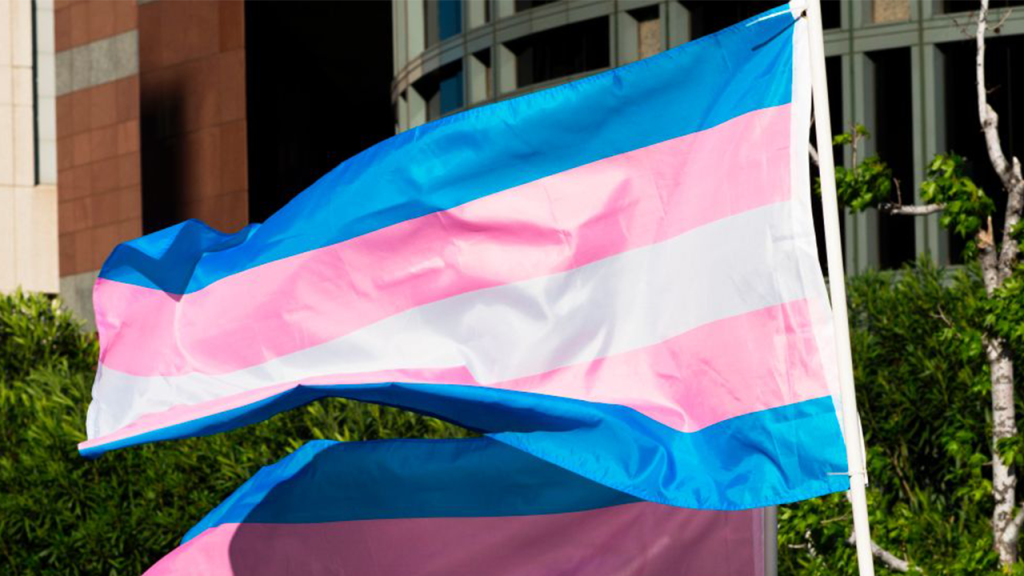The National Association of Intercollegiate Athletics (NAIA) recently made the decision to ban transgender athletes from competing in women’s sports. The organization stated that it supports fair and safe competition for all student-athletes, and that Title IX ensures separate and equal opportunities for female athletes. The participation rules laid out by the NAIA specify that only student-athletes whose biological sex is female are allowed to participate in women’s sports. However, students who have not begun masculinizing hormone therapy are permitted to participate without limitation.
Additionally, the NAIA outlined that students who have begun masculinizing hormone therapy may still participate in internal activities at their institution, such as workouts, practices, and team activities. However, participation in external competition that is not considered a countable contest as defined by the NAIA is at the discretion of the member institution where the student is enrolled. The new policy, which goes into effect on August 1st, was approved by the NAIA’s Council of Presidents with a unanimous vote of 20-0.
NAIA president Jim Carr explained the rationale behind the policy change, emphasizing the importance of creating fairness and competition within the organization. He also noted that the decision aligns with the principles of Title IX, which aim to provide separate but equal opportunities for women in sports. The NAIA, which is distinct from the NCAA and governs small schools and universities, has a total of 241 membership schools in the organization. The organization’s focus on maintaining the integrity of competition and upholding the spirit of Title IX has informed their stance on transgender athletes in women’s sports.
The decision by the NAIA to ban transgender athletes from competing in women’s sports has sparked debate and differing opinions on the matter. While some support the organization’s emphasis on fairness and competition, others question the implications of excluding transgender athletes from participating based on their gender identity. The policy change underscores the complexities surrounding gender inclusion and equality in sports, and highlights the ongoing discussions and considerations within the athletic community regarding transgender participation in women’s sports.
As the NAIA moves forward with implementing its new policy, it will be important to monitor the impact on student-athletes and the broader athletic community. The organization’s commitment to upholding principles of fairness and competition, while also considering the unique challenges and opportunities presented by transgender participation in sports, will continue to shape the conversation around gender inclusion in athletics. By navigating these complex issues with thoughtful consideration and a commitment to equity, the NAIA aims to provide a framework for inclusive and competitive sports environments for all student-athletes.


